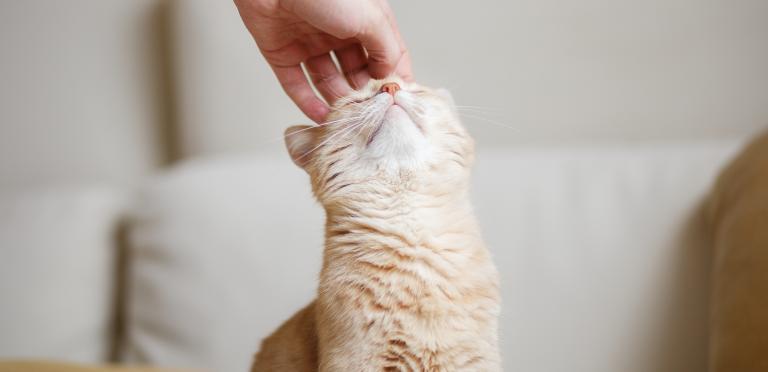

Adopting a cat: Things to consider beforehand
When planning on adopting a cat, it is good to familiarise yourself with the needs of cats, whether it concerns their diet or behaviour. Cats are traditionally considered independent pets that take care of themselves. However, a cat requires just as much care and attention as any other pet.
Adopting a cat also requires a financial commitment. For example, living expenses, veterinary visits, and possible insurance for the cat can quickly add up to a significant sum. Nevertheless, a carefully considered decision to adopt a cat can lead to a rewarding life together with your feline friend.
In this article, we will cover:
- What should you consider before adopting a cat?
- Where to find cats for adoption?
- How to settle a cat into a new environment?
Before adopting a cat, it is worth considering whether to get a kitten or whether you could offer a home to an adult cat. Kittens require more supervision, training, and possibly playtime, whereas a more mature cat usually knows how to take things a bit more calmly.
Adopting an adult cat may, in some life situations, be a better choice than a kitten that requires a lot of attention. However, if you are interested in adopting a kitten, take a look at our tips for getting a kitten and settling it into your home.
Adopting a Cat from an Animal Protection Association
In general, most adult cats looking for homes are under the care of animal shelters and animal protection associations. Adopting a cat from an animal shelter or protection association is a good deed, as it eases the burden on animal welfare organisations. For example, according to the Finnish Animal Protection Association, over 20,000 cats are abandoned in Finland each year. At the same time, you can give a good life to a cat that, for one reason or another, has had to change homes or has been left to fend for itself in the wild.
Before adopting an adult cat, it is worth considering the following points:
- How well can I meet the needs of an active cat?
- How much time am I willing to spend on grooming the cat's coat?
- How much time will I be at home with the cat?
- What are the other pets in my home like?
- Are there small children in the family?
When adopting a cat, it is important to be honest with yourself about what kind of home you can offer. A more independent cat may be better suited to a household where the owner is regularly away from home. Some cats are looking for a place as the only pet if it has been noticed at the shelter that they thrive best on their own. Others are seeking a home together with their feline friend.
It is advisable to discuss any wishes and your own life situation with the representative of the cat seeking a home, whether it is a breeder or an employee of the animal protection association. There are cats of various ages and backgrounds in need of homes. Whether you are an experienced cat person or a first timer, you will surely find the right friend among them that suits your home and circumstances.
Settling an Adult Cat into a New Home
A cat arriving in a new home is often stressed by the significant change. So, it is important to give the cat time to get to know the new environment at its own pace. You can help the cat settle in with the following methods:
- If possible, bring along something from the cat's previous home that has a familiar scent, such as a toy or blanket.
- Find out in advance what kind of food and litter the cat is used to.
- Let the cat make contact with the new family at its own pace.
- If you have a balcony, remember to prevent the cat from falling by installing balcony glazing or sufficiently strong and dense netting.
- Ensure that the cat has a sheltered and safe place where it can retreat if it wants.
An effective solution can be to set aside an area of your home that has everything the cat needs, such as water and food bowls and a litter box. The area could be, for example, a specific room.
At first, the cat may keep to itself, avoiding petting or contact in general. Remember that this is normal and there is no need to worry – a new home is a huge change in the cat's life, and getting used to it takes time.
You should not pressure the cat into contact; rather, let the cat take the initiative. On the other hand, some adult cats get used to a new family quickly and do not hesitate to explore their new home on their own. Familiarise yourself with the cat's body language and communication so you can interpret your cat's state of mind.
Cats usually reserve different areas for eating, resting, and toileting. Be sure to place the litter box and the food and water bowls far apart. By observing your cat, you will find the best solutions.
It is a good idea to get a few things for your cat in advance. For example:
- Food and water bowls
- Dry and wet food
- Litter box for sand or pellets
- Sand or pellets
- Carrier
- Scratching post
- Bed
- Toys.
Cat treats can help in building trust with your cat. For example, you can accustom the cat to contact with you by calling it by name – when the cat comes to you or pays attention to you, reward it with a small treat.
Motivate and reward your cat with healthy and delicious Treats, which are sugar-free and grain-free. The treats contain important vitamins for cats as well as essential taurine. Discover more!




